US can't reverse re

Shi Yu/China Daily。
The world is watching closely as the United States and China engage in high-stakes bilateral trade negotiations. While the immediate outcomes may be modest tariff adjustments or managed market access in selected sectors, those can be best understood as tactical responses to deeper structural tensions rather than strategic breakthroughs. The broader implications for global trade lie not in the specifics of such negotiations but in the shifts they signify: away from multilateralism and US dollar hegemony, and toward a new, multipolar global trade architecture.。
At the heart of the current tensions is the US' growing anxiety over its relative decentering. Having enjoyed more than three decades of the unrivalled global hegemony since the end of the Cold War, the US now finds itself challenged by China's rising technological prowess, industrial scale and global integration. Under the Donald Trump administration, the US' anxiety has transformed into an explicitly transactional, bilateral trade posture.。
The US has been increasingly dismissing multilateral institutions — for long the instruments through which Washington shaped global norms and gained geopolitical advantage — in favor of "deal-making" with individual countries, and projected this bilateralism, steeped in zero-sum logic, as strength. By doing so, it has exposed its strategic incoherence.。
For example, through its trade policy, the US administration tried to simultaneously increase domestic manufacturing output — by penalizing imports — and maintain the dollar's status as the global reserve currency. These goals are not easily reconciled. A strong global reserve currency fuels persistent trade deficits. Penalizing imports through tariffs does disrupt this dynamic but not without costs. If the US were to genuinely reindustrialize at scale, it would need to import huge volumes of capital goods and intermediate inputs, exacerbating the very trade deficit it seeks to narrow. The paradox is that narrowing the trade deficit would first require widening it.。
The alternative is simply to reduce overall aggregate demand in the economy by slashing public expenditure. That doesn't look like happening.。
More fundamentally, the hollowing out of US manufacturing was never principally a result of trade agreements. It was a symptom of a deeper reorientation of US capital. Over the past four decades, US capital has been progressively reallocated from industrial production to financial engineering, creating asset bubbles, stock buybacks and speculative real estate investment. Wall Street flourished as "Main Street" faded. The share of GDP derived from financial services soared, while fixed capital formation in manufacturing stagnated. Reversing this trend would require reducing the political and institutional power of finance, an unpalatable proposition for any administration.。
Yet the US still manufactures products such as high-end equipment and advanced electronics, and develops or advances technologies like aerospace technology and military technology. But their production is capital-intensive, not labor-intensive, and they don't fill the physical or emotional void created by the offshoring of everyday consumer goods manufacturing that began in the 1970s. The sense of economic alienation among broad swathes of the American working class is as much cultural as it is economic. Tariffs may meet some symbolic need for control or retribution, but they cannot restore the industrial base to its past state.。
Also, the rest of the world is adapting to the US' contradictions. The weaponization of the dollar, through sanctions and arbitrary financial restrictions, has catalyzed a slow but deliberate move toward alternatives. Some emerging economies are accelerating trade settlements in their national currencies and exploring alternative clearing mechanisms. ASEAN member states, on the other hand, are reducing their reliance on the dollar in regional trade, particularly with China, Japan and the Republic of Korea.。
Even the oil-rich Gulf Cooperation Council member states are diversifying their trade currency strategies. The demand for the dollar as a trade settlement medium is gradually diminishing, which the European Central Bank sees as an opportunity for the euro to play a more prominent role in global trade. This fragmentation is not a retreat from but a reconfiguration of globalization.。
The new globalization that is emerging is multipolar in character, regional in structure and decentralized in operations. Institutions such as the World Trade Organization will likely persist, offering an overarching framework for administrative and policy guidance. But much of the practical work of trade governance — harmonization of standards, digital commerce rules and investment arbitration — will occur in regional and bilateral forums. In this regard, the US-China negotiations are not anomalous but emblematic.。
For many countries, especially in the Global South, the US' retreat from multilateralism poses risks but also creates new space. The growing importance of South-South trade, supported by new infrastructure financing and currency swap arrangements, is reducing the Global South's dependence on Western markets and institutions, with the Belt and Road Initiative creating corridors of trade and production that bypass traditional Western trade bottlenecks.。
The US remains a major consumer market, responsible for about 14 percent of global imports. But its share in the global economy is declining, reflecting both its waning economic clout and the diversification of global demand. For exporters, aligning with the new regional poles of growth — in East Asia, South Asia and parts of Africa — will become increasingly important. And supply chains will be restructured to hedge against geopolitical volatility, balancing proximity, cost and political risk.。
The Sino-US trade tango should not be seen as the primary determinant of the future of global trade. Rather, it is a mirror of the broader historical shift: from unipolarism to multipolarism, from dollar dominance to currency diversification, from multilateralism to mosaic regionalism. The world isn't de-globalizing; it is re-globalizing on new terms and under new rules.。
The author is an adviser to former Australian prime minister Kevin Rudd, adjunct professor at Queensland University of Technology and a senior research fellow at Taihe Institute.。
The views don't necessarily reflect those of China Daily.。
(责任编辑:娱乐)
-
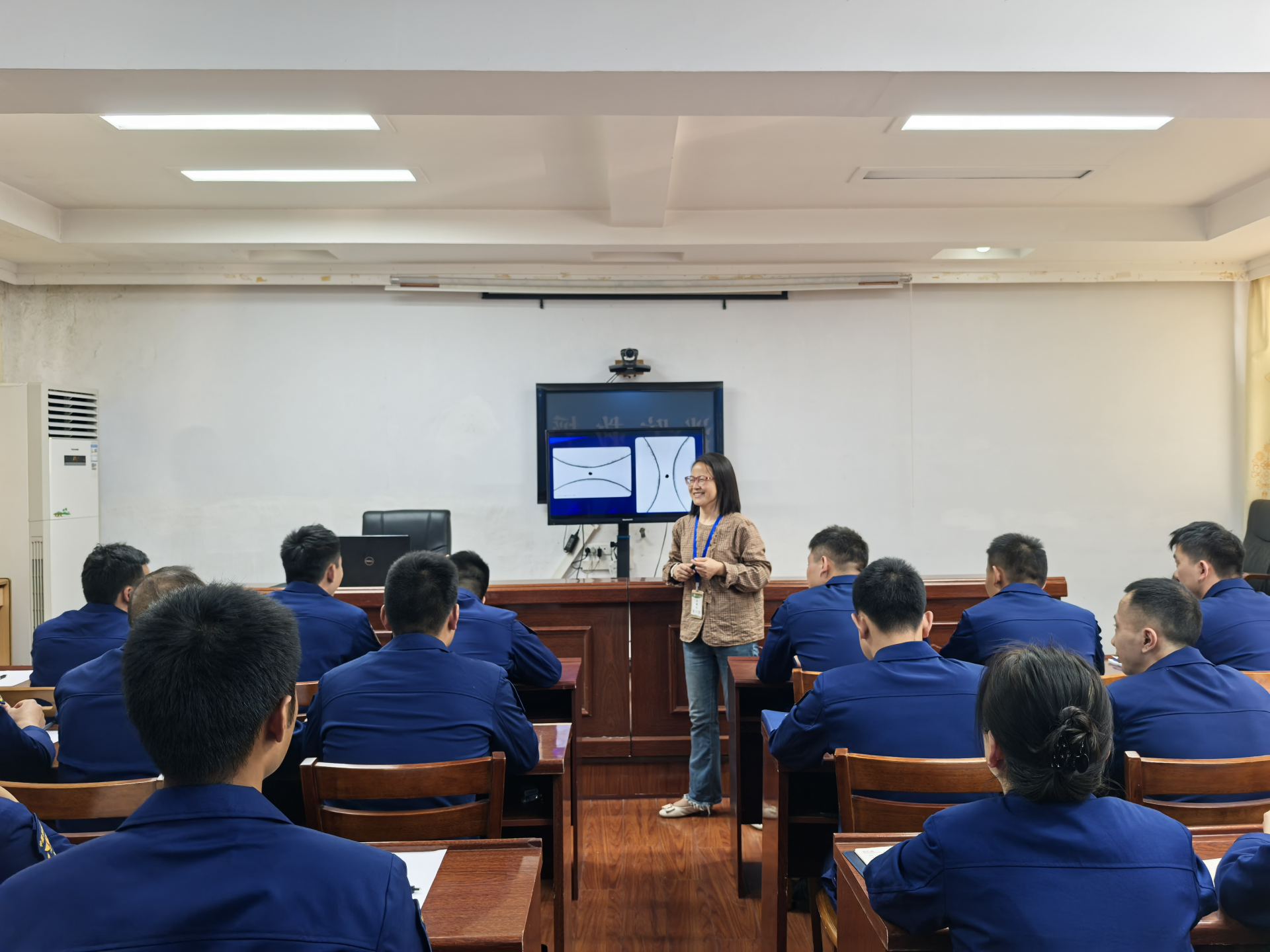 荆楚网湖北日报网)讯通讯员 石庆)“我们是否有作业厌倦的心情?是否有作业压力呢?”4月10日下午,监亨通章华大路消防救援站约请心思专家来队展开心思巡诊,协助指战员更好应对压力,坚持心思健康。讲座中,心
...[详细]
荆楚网湖北日报网)讯通讯员 石庆)“我们是否有作业厌倦的心情?是否有作业压力呢?”4月10日下午,监亨通章华大路消防救援站约请心思专家来队展开心思巡诊,协助指战员更好应对压力,坚持心思健康。讲座中,心
...[详细]
-
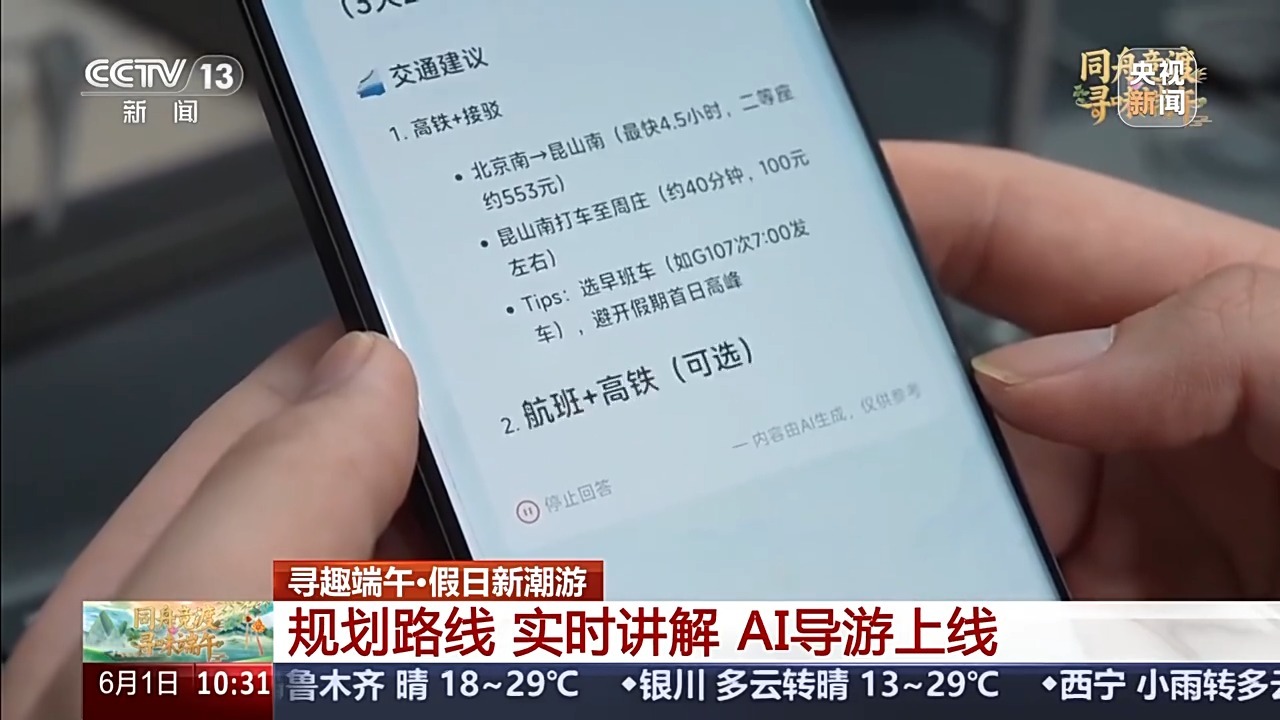 端午假日出行,怎么有效地避开拥堵、有更好的玩耍体会?现在,许多景区都推出了AI大模型帮手,协助游客规划道路、组织时刻。规划道路 实时解说 AI导游上线。记者发现,许多景点都在自己的微信小程序中嵌入了A
...[详细]
端午假日出行,怎么有效地避开拥堵、有更好的玩耍体会?现在,许多景区都推出了AI大模型帮手,协助游客规划道路、组织时刻。规划道路 实时解说 AI导游上线。记者发现,许多景点都在自己的微信小程序中嵌入了A
...[详细]
-
从传统文化创新到严重工程建造 多范畴并进绘就高质量开展新图景
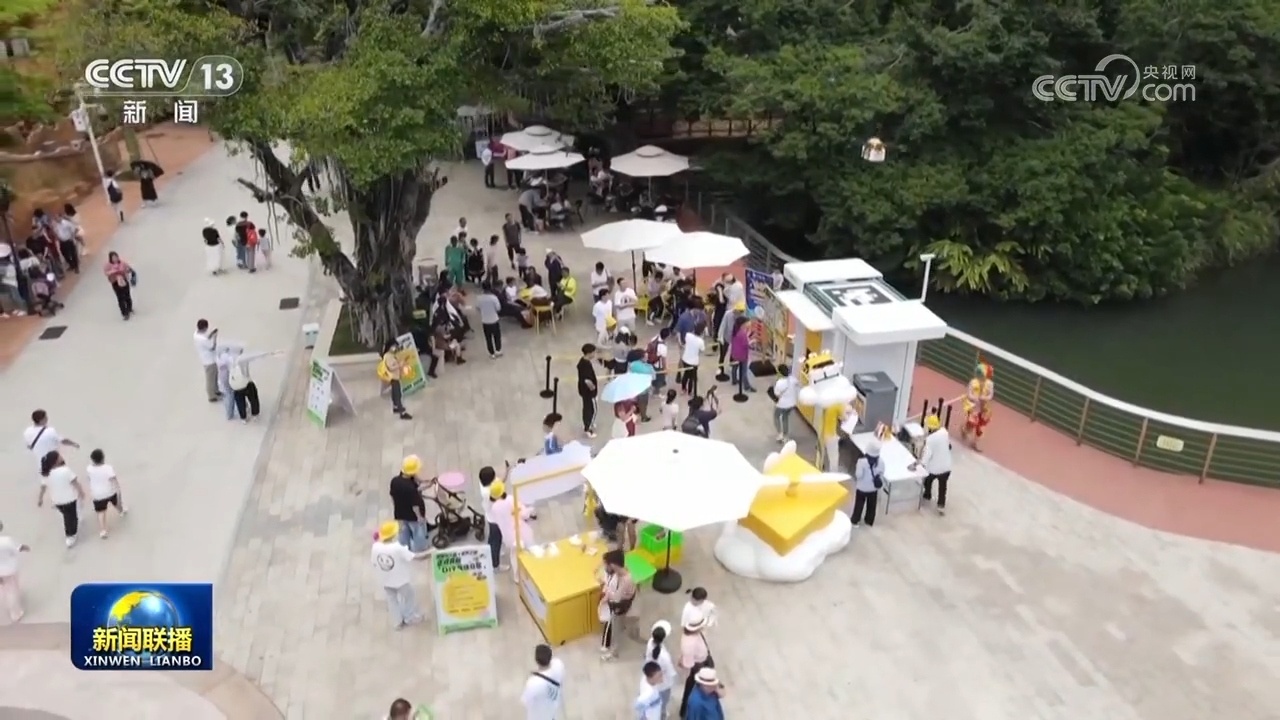 央视网音讯。:这个端午假日,数字赋能传统文化、交通出行顺利、严重工程稳步推动、多项新规落地施行……多范畴开展齐头并进,共绘高质量开展新图景。端午新潮游 数字赋能传统文化。端午节承载着深沉前史文化底蕴,
...[详细]
央视网音讯。:这个端午假日,数字赋能传统文化、交通出行顺利、严重工程稳步推动、多项新规落地施行……多范畴开展齐头并进,共绘高质量开展新图景。端午新潮游 数字赋能传统文化。端午节承载着深沉前史文化底蕴,
...[详细]
-
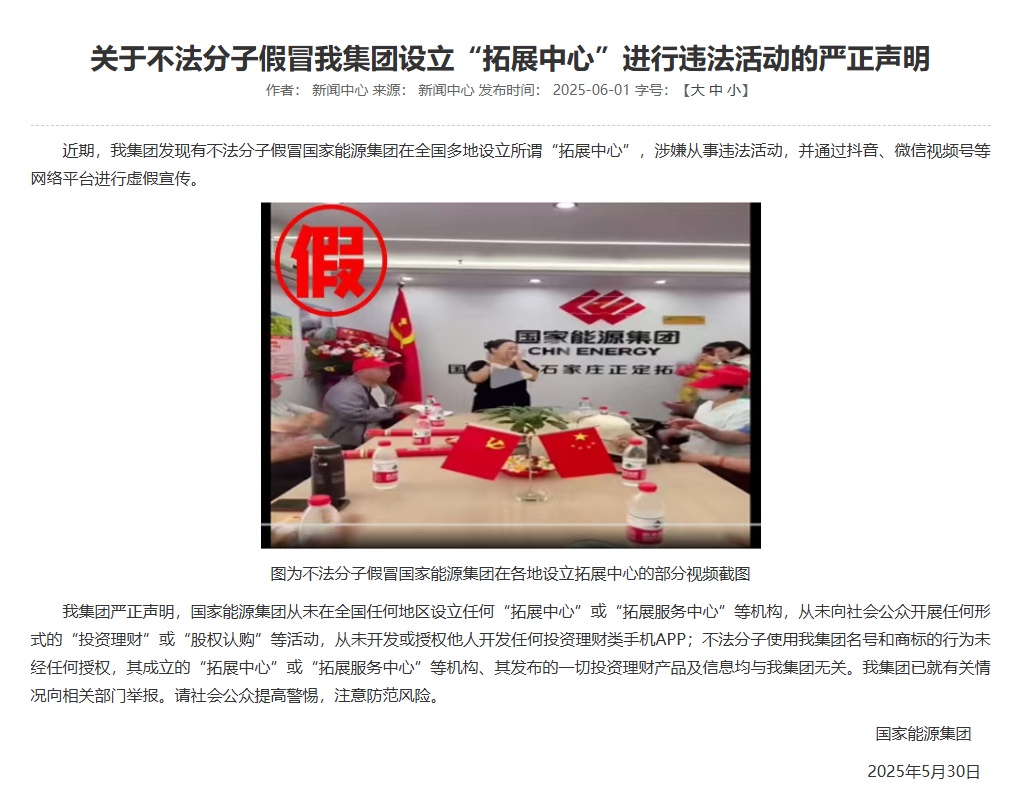 近期,国家动力集团发现有不法分子冒充国家动力集团在全国多地建立所谓“拓宽中心”,涉嫌从事违法活动,并经过网络渠道进行虚伪宣扬。国家动力集团严正声明,国家动力集团从未在全国任何区域建立任何“拓宽中心”或
...[详细]
近期,国家动力集团发现有不法分子冒充国家动力集团在全国多地建立所谓“拓宽中心”,涉嫌从事违法活动,并经过网络渠道进行虚伪宣扬。国家动力集团严正声明,国家动力集团从未在全国任何区域建立任何“拓宽中心”或
...[详细]
-
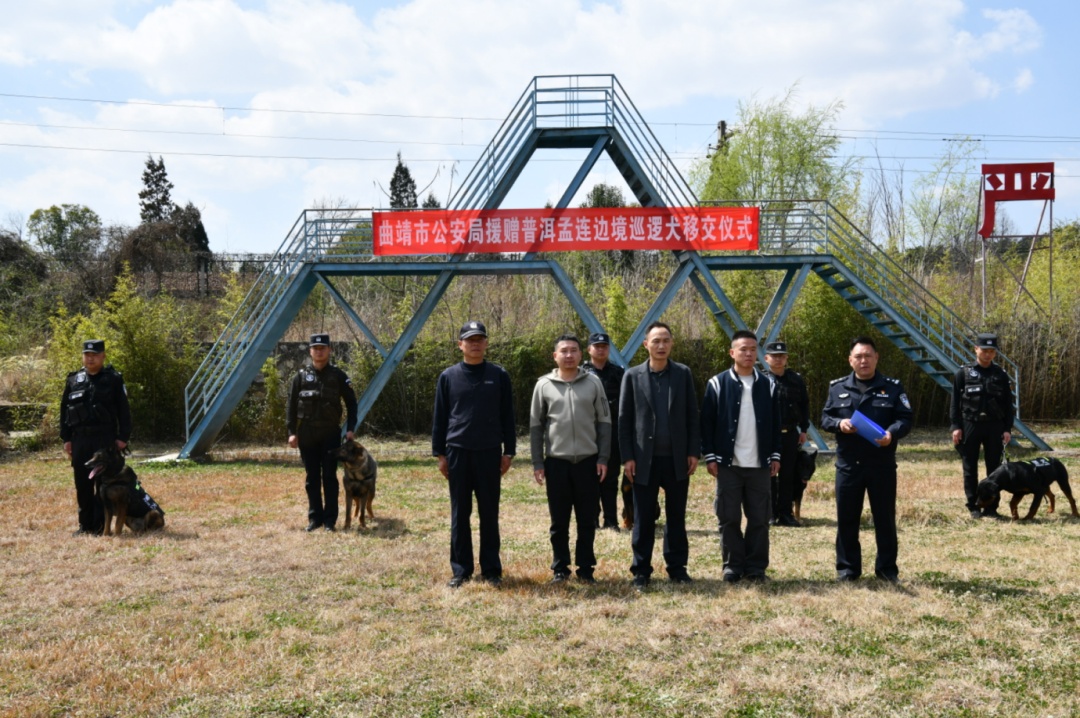 近来。云南省曲靖市公安局警犬基地。举行了一个特别的移送典礼。基地里的5头警犬有了新岗位。它们将到800公里外的普洱孟连。承当边境巡查使命。本次援边的5头警犬。有昆明犬、罗威纳和马犬。说起它们的阅历。头
...[详细]
近来。云南省曲靖市公安局警犬基地。举行了一个特别的移送典礼。基地里的5头警犬有了新岗位。它们将到800公里外的普洱孟连。承当边境巡查使命。本次援边的5头警犬。有昆明犬、罗威纳和马犬。说起它们的阅历。头
...[详细]
-
 炎炎夏日,暑期盛宴点着热心,超多活动带你嗨翻盛夏!在这里不只能够畅玩最嗨手游,还能够以超低价格买到心意数码,一同来看看吧!活动一:暑期买手机最高抽100元现金红包。暑期换手机不踩坑,百脑汇暑期购机引荐
...[详细]
炎炎夏日,暑期盛宴点着热心,超多活动带你嗨翻盛夏!在这里不只能够畅玩最嗨手游,还能够以超低价格买到心意数码,一同来看看吧!活动一:暑期买手机最高抽100元现金红包。暑期换手机不踩坑,百脑汇暑期购机引荐
...[详细]
-
 晏伟棋,庐阳高中2023届高三13)班毕业生,本年考入上海交通大学国际经济与交易专业。每个人都是自己命运的建筑师。晏伟棋作为网球专长生,进入高中以来,一向坚持文明、专业齐抓共进。他的方针清晰、勤勉吃苦
...[详细]
晏伟棋,庐阳高中2023届高三13)班毕业生,本年考入上海交通大学国际经济与交易专业。每个人都是自己命运的建筑师。晏伟棋作为网球专长生,进入高中以来,一向坚持文明、专业齐抓共进。他的方针清晰、勤勉吃苦
...[详细]
-
 暑假期间,蜀山区遍地城市阅览空间迎来读书热潮,不少学生和阅览爱好者来到这儿畅游书海,尽享书香之夏。7月13日下午两点半,室外暑气蒸发,记者走进坐落井岗镇十里庙社区的城市阅览空间——十里书香。四个读书区
...[详细]
暑假期间,蜀山区遍地城市阅览空间迎来读书热潮,不少学生和阅览爱好者来到这儿畅游书海,尽享书香之夏。7月13日下午两点半,室外暑气蒸发,记者走进坐落井岗镇十里庙社区的城市阅览空间——十里书香。四个读书区
...[详细]
-
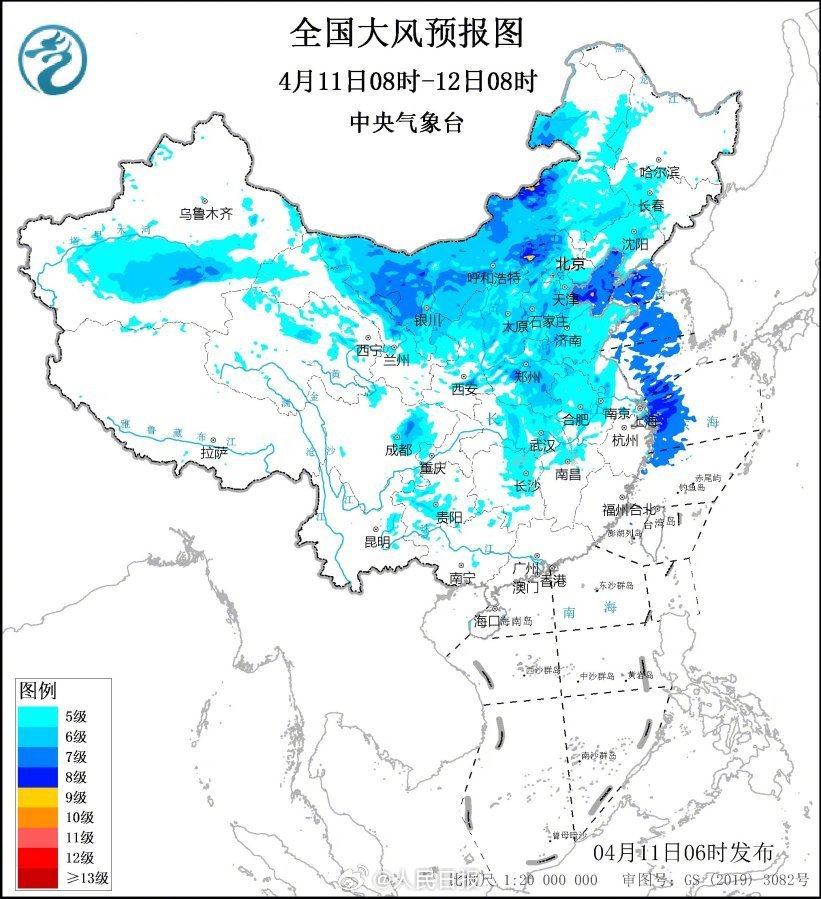 4月11日06时,中央气象台劲风强对流沙尘暴预警齐发↓↓。持续发布劲风橙色预警:估计,新疆东部和南疆盆地、青海北部、甘肃北部和东部、宁夏、陕西中北部、内蒙古大部及东北地区中南部、华北、黄淮、江淮、江汉
...[详细]
4月11日06时,中央气象台劲风强对流沙尘暴预警齐发↓↓。持续发布劲风橙色预警:估计,新疆东部和南疆盆地、青海北部、甘肃北部和东部、宁夏、陕西中北部、内蒙古大部及东北地区中南部、华北、黄淮、江淮、江汉
...[详细]
-
 做好“新市民”集体金融服务,既是满意人民群众对美好生活的期盼、促进共同富裕的必要行动,也是深化金融供应侧结构性变革、促进普惠金融高质量展开的重要环节。今年以来,科技银行聚集扩内需、促消费、提决心,全力
...[详细]
做好“新市民”集体金融服务,既是满意人民群众对美好生活的期盼、促进共同富裕的必要行动,也是深化金融供应侧结构性变革、促进普惠金融高质量展开的重要环节。今年以来,科技银行聚集扩内需、促消费、提决心,全力
...[详细]

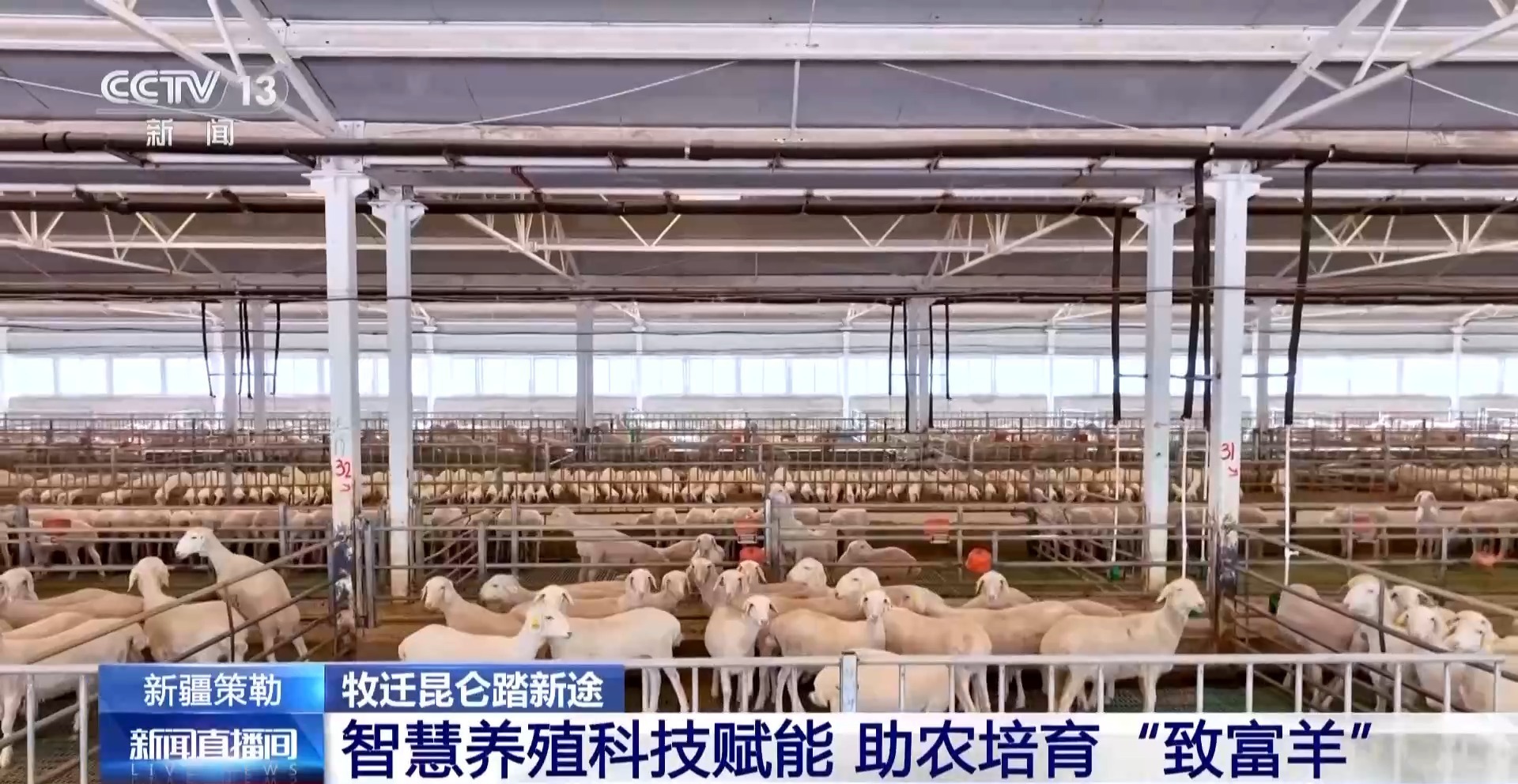 智能饲养、科技助力 现代牧业样板助农培养“致富羊”
智能饲养、科技助力 现代牧业样板助农培养“致富羊”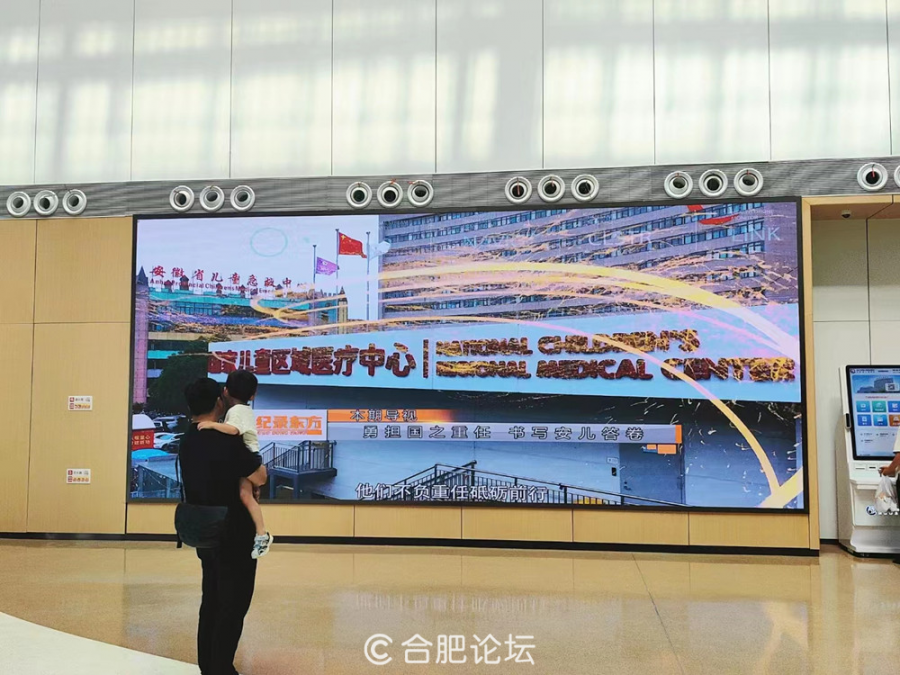 五大行动让就诊更便当 复旦儿科安徽医院(安徽省儿童医院)总院(深圳路院区)开诊进行时(二)
五大行动让就诊更便当 复旦儿科安徽医院(安徽省儿童医院)总院(深圳路院区)开诊进行时(二) 小董小懂丨三个秘籍 让AI成为你的“得力助手”
小董小懂丨三个秘籍 让AI成为你的“得力助手”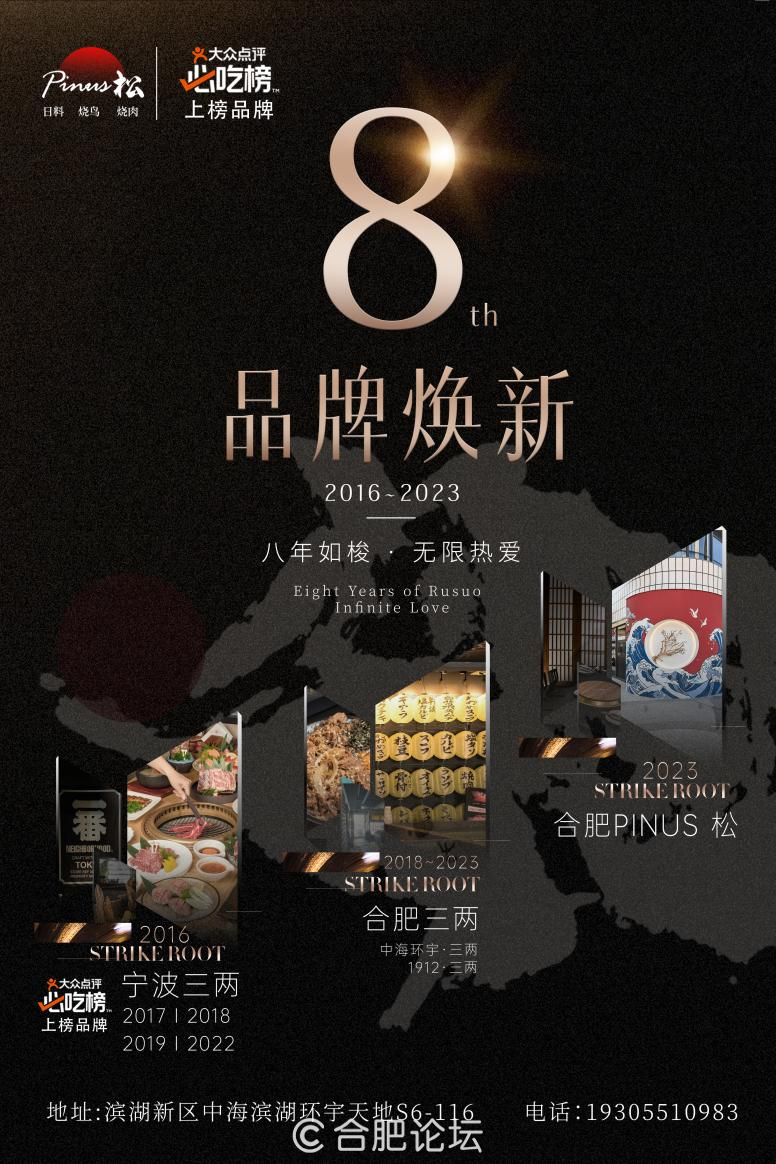 八年如梭,品牌焕新【Pinus松烧肉】隆重开业
八年如梭,品牌焕新【Pinus松烧肉】隆重开业 湖北物流业全面回暖 景气指数上升22.74个百分点
湖北物流业全面回暖 景气指数上升22.74个百分点
